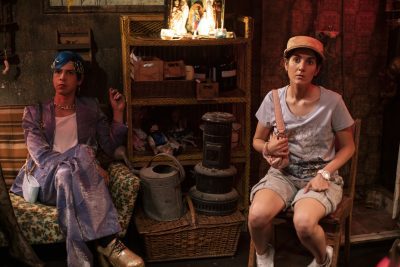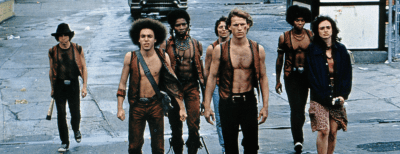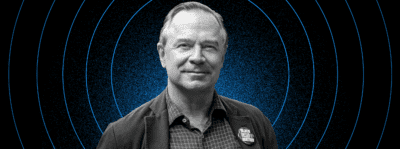Photos by Kim Pham and Lucas Falloon
Clowning Around with Paperboy Love Prince, The Perpetual Candidate
The Clown Prince of mayoral elections demands to be taken seriously
“I definitely am a troll—I’m one of the best.” That’s how Paperboy Love Prince opened a minidoc on their bid for mayor, one month before speaking to the New York City Council in a suit and clown makeup. At an otherwise mundane finance committee hearing, Prince broke into bouts of maniacal laughter between each talking point. “While I think it’s great to support the growth of areas like Times Square and 34th Street, we can’t keep overlooking areas like Myrtle-Broadway and Jamaica Queens,” they said in regards to Introduction No. 1090-A, which calls for spending increases in nine of New York City’s commercial districts. “Our budgeting sucks.” The moderator snatched Prince’s mic shortly after. The bill passed.
The clown show last December was not a one-time stunt. When Prince wasn’t invited to a Mayoral Forum on “the Black Agenda” in April, they took the stage anyway, donning the same look. “My job is to have fun and still have joy in the midst of chaos and corruption,” reads their Instagram post about being removed from the event by security. In late May, Prince intercepted a “Queers in Action” mayoral forum (without clown makeup) they also weren’t invited to. “When folks step out of the box and be their authentic selves, they get railroaded and sidelined,” they said, introducing themselves as the only queer person running. Prince declined the invitation to stay for the rest of the panel. “I was told one thing, and now told something else. I appreciate it so much, much love!”
Six weeks before the Mayoral primary on June 24, Prince invited me to their “Love Gallery” in Bushwick. The rapper’s HQ—part thrift shop, part community organizing hub—feels like an insulated, technicolor refuge from heavy rain and the Jamaica line’s obtrusive scaffolding. “That moment at the mayoral forum was for sure, a protest for me,” Prince reflects, seated across from me in a canary yellow trench coat, a custom pair of shorts covered in neon HA! HA! HA!’s, and pink Moon Boots. Despite their distaste for political decorum—which has objectively deteriorated in recent years—Prince feels they aren’t being taken seriously enough. “The clown representation, overall, is artistry,” they say, leaning forward in their chair, the lights overhead bouncing off two Cuban-link chains and a studded watch.
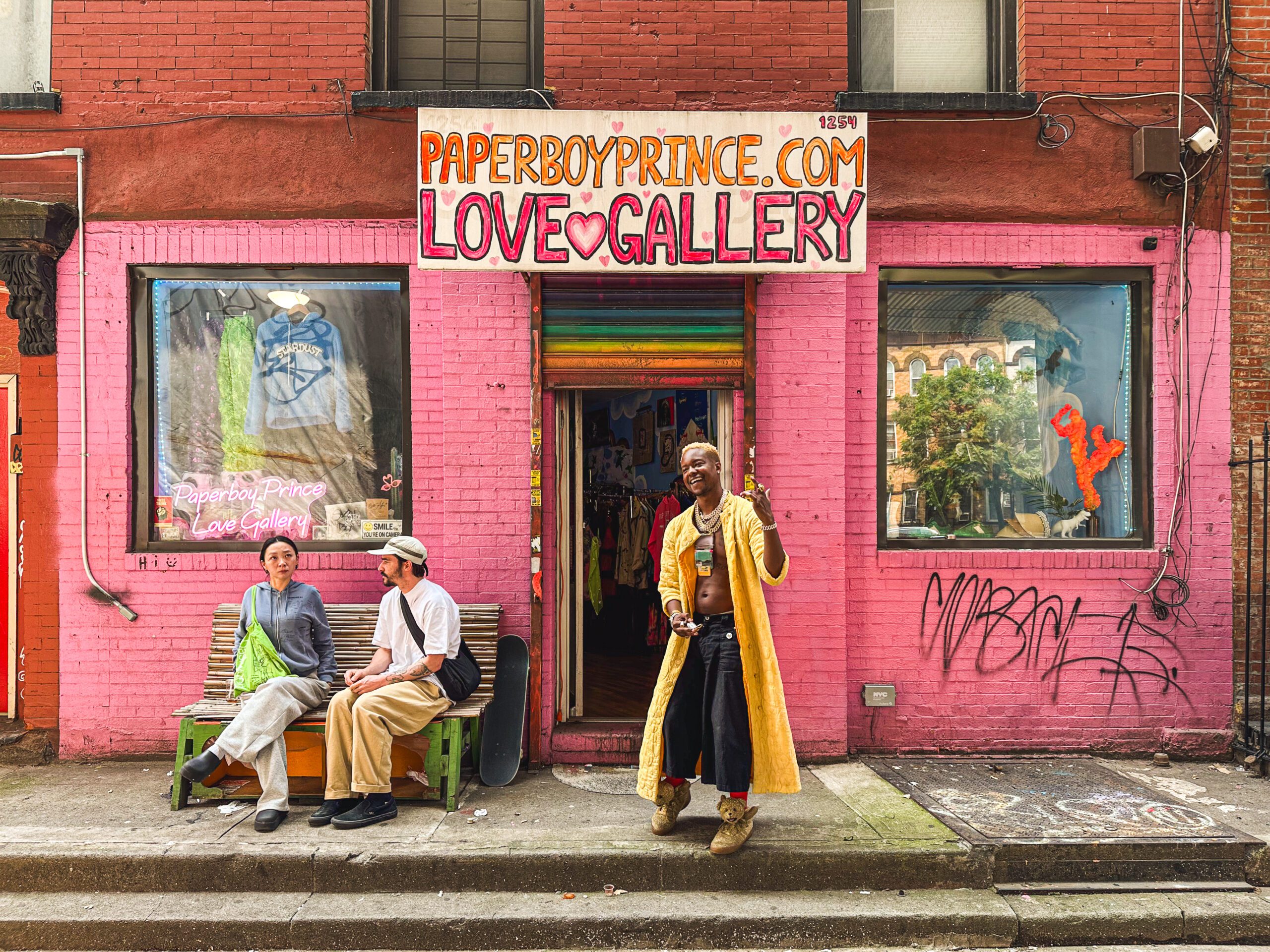
Photos by Kim Pham and Lucas Falloon
To Prince, who’s in their early 30s, if a former reality TV host is President and a dysfunctional tech CEO commanded federal spending, what makes their candidacy so far-fetched? “These politicians, you know, I really think they’re all clowns.”
An artist, activist, and entrepreneur who’s had their borough’s attention long before this election cycle, Prince is a perennial candidate in New York City’s political scene. In 2020, they ran against 12-year incumbent and career politician Nydia Velázquez in the Seventh Congressional District primary, securing close to 20% of the vote. In 2021, they ran for mayor in the city’s first ranked-choice election. The following year, they gunned for Velazquez’s congressional seat again and lost by a similar margin. And in 2024, Prince ran for president alongside Libertarian Vermin Supreme, who’s known for wearing a boot on his head and campaigning on zombie apocalypse awareness, time travel research, and promising each American a pony.
Prince doesn’t employ traditional campaign strategy either (they don’t fundraise, and have grown accustomed to thresholds disqualifying them from debates).In their second race against Velázquez, Prince delayed fundraising in order to put her at a disadvantage—to have funds matched by the city’s Campaign Finance Program, candidates must have an opponent on the ballot. Right now, Prince is experimenting with shortening their personal campaign cycle: “I wake up, listen to music, go to the gym, read the news. I’ll hang out with my dog, hang out with friends, try to make art, make music.” Running the campaign exclusively off volunteer support, Prince wants to avoid burning out. “We have a saying on my team: ‘Don’t become a political kamikaze.’”
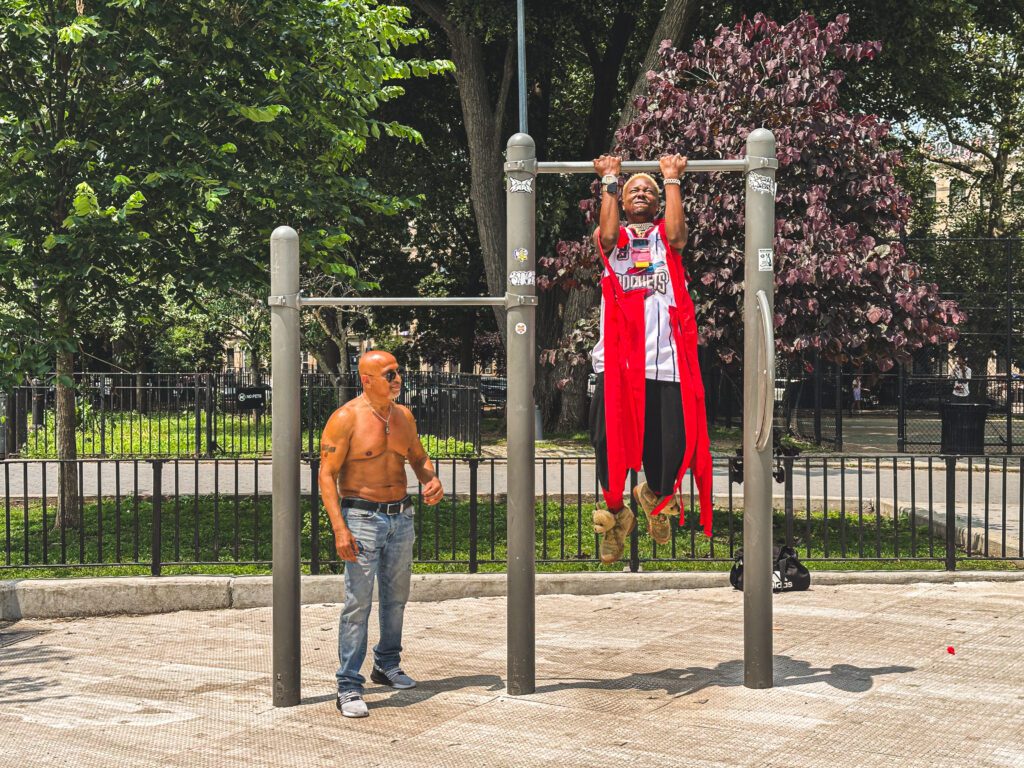

Photos by Kim Pham and Lucas Falloon
Much of Prince’s platform, which is anti-establishment in nature, is becoming more salient in mainstream politics: They want to see $2,000 monthly universal-basic-income payments, environmental justice, as well as healthcare, education and housing for all. The one-of-one agenda items—like setting up “Love Centers,” which are revitalized, third space community centers focused on “bringing people together,” and repurposing the existing police force as a “Love Team”—are what have fed into some of the ridicule. Their “Utopia Plan” isn’t completely without precedent: the Love Gallery serves as a site for Prince’s mutual aid food network, Our Food NYC, which provides free groceries every Wednesday at 9 a.m., and is completely powered by donations and volunteer work. With debates remaining largely inaccessible to the perpetual mayoral candidate, music is the primary vehicle for their vision, whether it’s rapping about hopping turnstiles in the wake of increasing subway fares, or an Eric Adams diss track parodying an old PSA on gun violence. “Since my campaign, I’ve just become more correct,” Prince says of their “pro-love, anti-war” ethos. “At this point in the race, there’s no question that I am the best candidate.”
Running for political office is something Prince always saw as “pulling the emergency plug”—something they had to do if things got “really bad.” The eldest of four siblings, Prince was born just within reach of Capitol Hill in Silver Springs, Maryland. By high school graduation, they’d participated in youth government programs, completed a summer program with the office of then-Maryland Rep. Albert Wynn, and interned with the Marshal of the Supreme Court. They went on to study journalism and computer science at the University of College Park, Maryland, and by 2015, began to garner attention as a rapper at Washington Wizards games. Moving to New York soon after, Prince became the first artist signed to Azealia Banks’ label Chaos & Glory Recordings in 2017.
“When I first ran for office, I did have a little bit of impostor syndrome around if I was the best candidate,” Prince, who no longer feels that way, and openly criticized the other candidates, told me. To them, Eric Adams (“he’s been mayor and, I mean, wow”), Andrew Cuomo (“we’ve already been there, done that,”), and Adrianne Adams (“as majority leader, housing, education, and policing have gotten worse”) are the ones enacting “policies that spread division.” As for the candidates most talked about amongst progressives, Prince sees Brad Lander as “another wishy-washy virtue signaler” and calls him “Brad Pander,” and Zohran Mamdani as “a non-factor who was hand-picked by the Democratic Socialists of America (DSA).” Prince even took to X after the “Queers in Action” panel and called Mamdani’s supporters “racist” following several tweets regarding the DSA candidate’s background. “I’ve never heard him talk about Uganda!” Prince wrote in response to Mamdani’s birthplace. “Why do I rarely hear him criticize [the] caste system [in] India?” they asked, likely referring to Zohran being ethnically Indian.
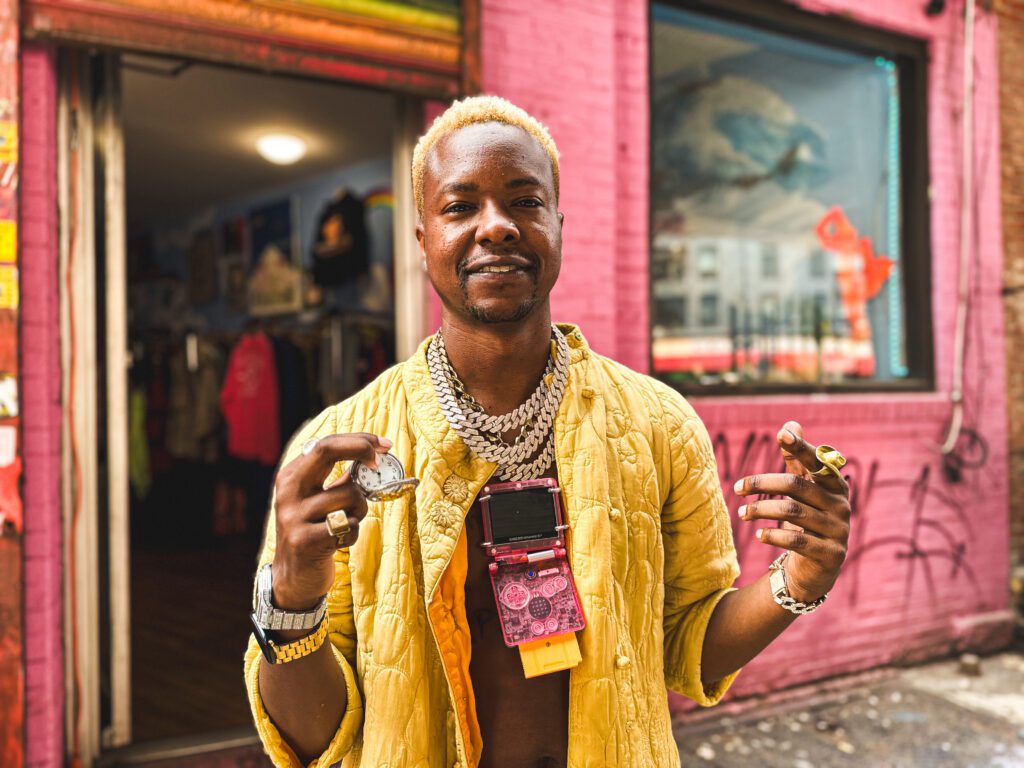

Photos by Kim Pham and Lucas Falloon
Sending smoke at other candidates, crashing civic events, and utilizing art as activism may very well be the few avenues Prince has to promote their platform. “[The media] will just basically suck off one or two candidates, for whatever reason,” they explained. “99% of time the reason is money. I can make a viral video that does more for my campaign than being on TV, right?” Mayoral candidate Curtis Silwa, founder of the Guardian Angels and known for owning over a dozen cats, felt similarly in 2021. “I’ve done press conferences in my life in which nobody showed up,” the Republican frontrunner said. “I don’t take it as a slight. I know the deck is stacked against me.”
Prince says they’re playing the long game, with plans to run again, if necessary, but doesn’t aspire to become a career politician. Their final campaign benchmark comes back to the art: a mixtape with crowdsourced production. “The hardest thing to do is run a campaign and make really dope art at the same time,” Prince quips. A riff off of DMV rapper Wale’s most heralded project, it’s called The Campaign About Nothing. They eagerly revealed the Seinfeld-inspired cover art: at the center, Prince appears as the clown, mischievously peeking through with a smile. “But really, it’s about something, you know?”
Recently projected to only make it through round 4 of 10, I asked Prince if winning is even the goal of this campaign. “It is about winning,” they retort, outlining what a victory actually means to them. “People might remember me as the only person who was a non-binary candidate. Or, so many other folks will go, ‘Wait, this person did it for free, with $0!’ and that might inspire them to run. I’m really proud of that.”
You might also like 
















